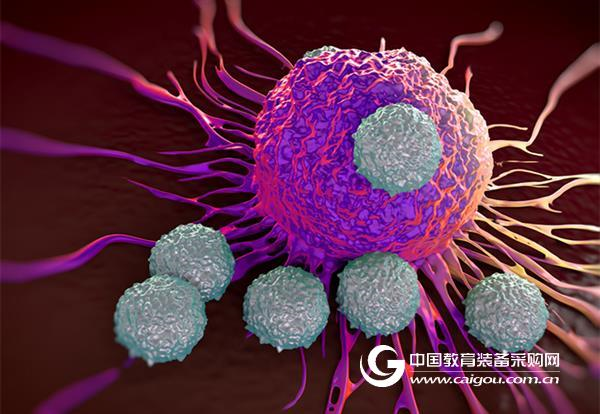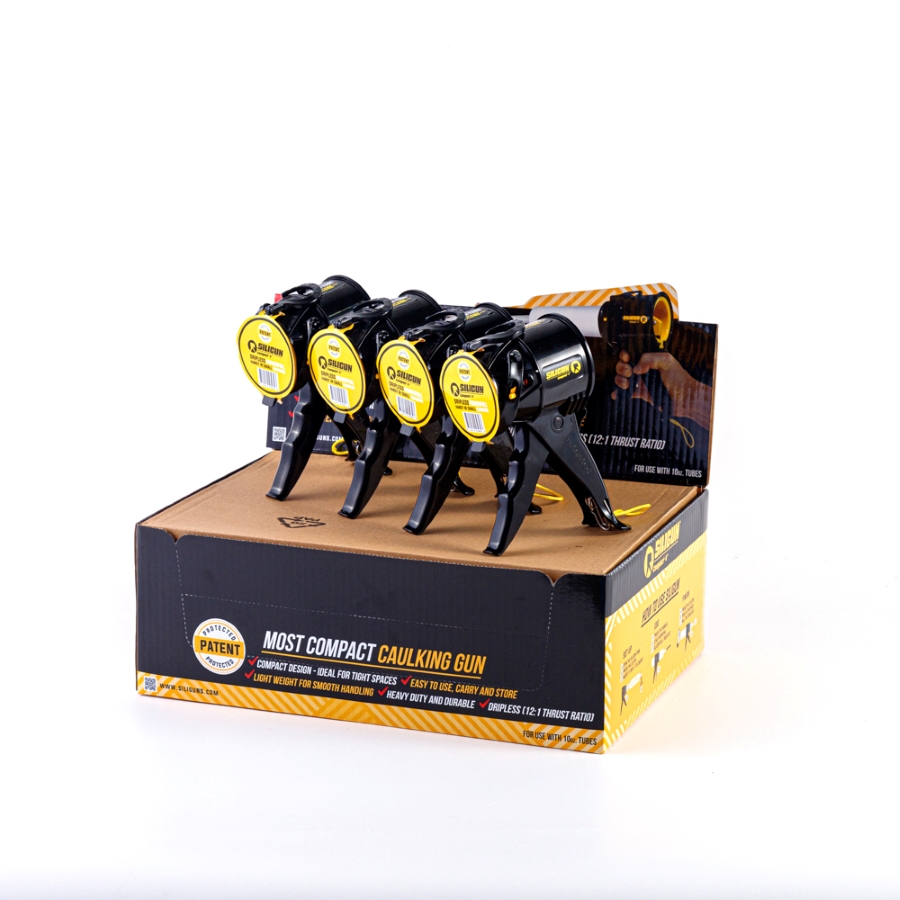Guide On August 28th, an article published in the Journal of Clinical Investigation revealed that the key factor determining the differentiation of CD8+ T cells (memory cells and effector cells) is the intracellular proteasome activity. Researchers from the University of California, San Diego Medical School found that drugs that activate cell proteasomes promote more memory cells. Vaccines and cancer immunotherapy are essentially the same: they mobilize the immune system to better protect against invaders such as microbes, malignancies, and more. Both strategies focus on CD8+ T cells. Usually, during the immune response, CD8+ T cells undergo asymmetric division, producing two sub-cells of immune function: immune effector T cells, killing invaders as killers; memory T cells, providing long-term protection. Now, researchers from the University of California, San Diego Medical School have found that a key factor in determining the propensity to differentiate CD8+ T cells (memory cells and effector cells) is intracellular proteasome activity. They confirmed that drugs that activate cellular proteasomes can cause more memory cells to be produced. In turn, inhibition of the proteasome will catalyze more effector cells. This approach is expected to improve the effectiveness of vaccines, immunotherapy, and extend their duration. Related research results were published in the Journal of Clinical Investigation on August 28. Modeling mice and cells, John T. Chang, an associate professor at the University of California, San Diego School of Medicine, and the team found that two different types of CD8+ T cells, immune effector cells and memory cells, differ in proteasome activity. As an important component of cells, the proteasome is responsible for the degradation and recovery of damaged or unwanted proteins. They found that manipulating the activity of the proteasome can change the function of the cell! Currently, drugs targeting proteasomes have been marketed, such as Bortezomib, an anticancer drug for multiple myeloma, which acts by inhibiting proteasome activity. The team confirmed that cyclosporine, an immunosuppressive drug administered to patients undergoing organ transplantation, activates the proteasome in CD8+ T cells. Moreover, in the early stages of microbial infection, treatment of CD8+ T cells with cyclosporine can cause them to produce twice as many memory cells. “Although this work has only been validated on animal and cell models to date, we hope that this method will be validated early to aid vaccines and immunotherapy, resulting in better immune defenses.†John T Professor Chang said. Shanghai Chuangsai Technology has excellent performance, interleukin cytokines, fetal bovine serum, electrophoresis equipment scientific instruments, raw material drug standards, chemical reagents, cell culture consumables, Shanghai Chuangsai, mass products special promotions, welcome to inquire!
We had some simple goals: design a caulking gun that was efficient, durable, functional, and lightweight. Finally, after many prototypes, trials, and false starts, the Siligun series of caulking guns was brought to life!
The right caulking gun for you depends on the type of caulk you will be applying, as well as the overall scope of your project.
Siligun Sealant Gun,Sealant Gun,Manual Sealant Gun,Sealant Gun 600Ml jiangsu concentric internatinal ltd , https://www.concentric-corp.com
